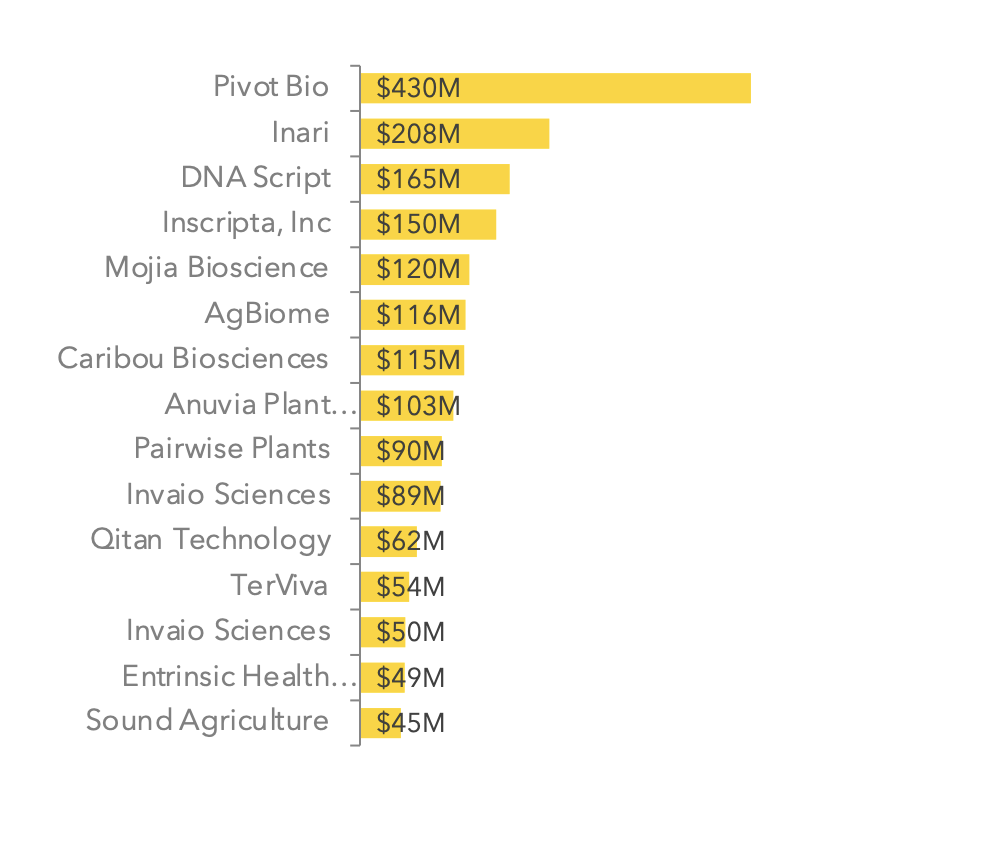Insect populations are taking a hit around the globe, and climate change and Big Ag may be to blame.
According to a study conducted by University College London (UCL), the combination of rising temperatures due to climate change and land-use changes are directly linked to widespread losses in insect species around the world.
The study, published in Nature, found that changing temperatures and “intensive agricultural land use” in the most impacted parts of the world (tropical regions, according to the research) are already responsible for a reduction in insect numbers.
In areas with both high-intensity agriculture and substantial temperature increases, researchers found the number of insects was 49 percent lower than populations in natural habitats in areas without notable climate warming.
And insect populations are already in peril. In 2019, Biological Conservation released a report stating that 40 percent of all insect species are declining globally, which is bad news for crops. Insects and the way they interact with other species within ecosystems can have large, positive impacts on crop growth, meaning decline in their populations could cause a ripple effect in the food system.
“Losing insect populations could be harmful not only to the natural environment, where insects often play key roles in local ecosystems, but it could also harm human health and food security, particularly with losses of pollinators,” said Charlie Outhwaite, lead author of the study and part of the UCL Centre for Biodiversity & Environment Research and Biosciences.
RELATED: Making the Case for Bugs
For the study, researchers analyzed a dataset of “insect abundance and species richness” from around the world. They then compared insect biodiversity in different regions, taking into account both the intensity of agriculture in each area and the history of climate warming the region has experienced.
Researchers found that climate change wasn’t fully to blame. Of the regions that have suffered substantial warming, those with low-intensity agriculture and an abundance of still-natural habitat have been able to buffer the insect loss. In fact, regions that remained 75 percent natural habitat only saw a seven-percent decrease in insect populations, compared to the 63-percent decline in comparable areas with only 25 percent natural habitat. That’s because insects often rely on plants for shade on hot days, exemplifying the importance of natural habitat to their populations.
Despite the vastness of its research, which included 750,000 records from nearly 20,000 insect species, the team says its findings are just the tip of the iceberg as it continues to study and measure the true scale of insect decline. Insect decline due to “human influences” is likely much greater than the findings uncovered, according to the study, as factors such as pollution weren’t considered in the research.
“Our findings highlight the urgency of actions to preserve natural habitats, slow the expansion of high-intensity agriculture and cut emissions to mitigate climate change,” said Outhwaite.
!function(f,b,e,v,n,t,s)
{if(f.fbq)return;n=f.fbq=function(){n.callMethod?
n.callMethod.apply(n,arguments):n.queue.push(arguments)};
if(!f._fbq)f._fbq=n;n.push=n;n.loaded=!0;n.version=’2.0′;
n.queue=[];t=b.createElement(e);t.async=!0;
t.src=v;s=b.getElementsByTagName(e)[0];
s.parentNode.insertBefore(t,s)}(window, document,’script’,
‘https://connect.facebook.net/en_US/fbevents.js’);
fbq(‘init’, ‘264217957779476’);
fbq(‘track’, ‘PageView’);











